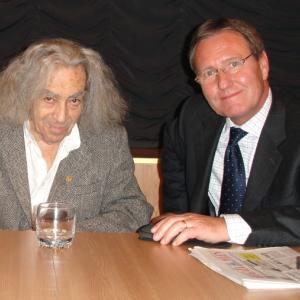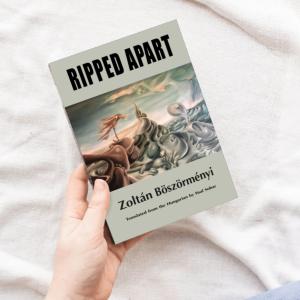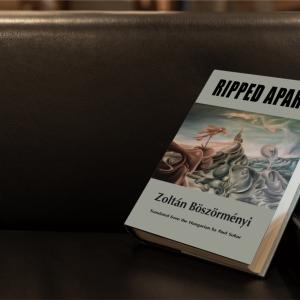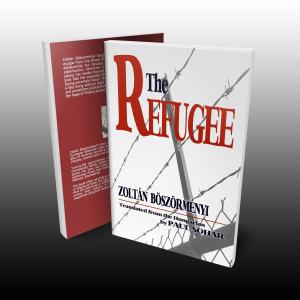Reviews
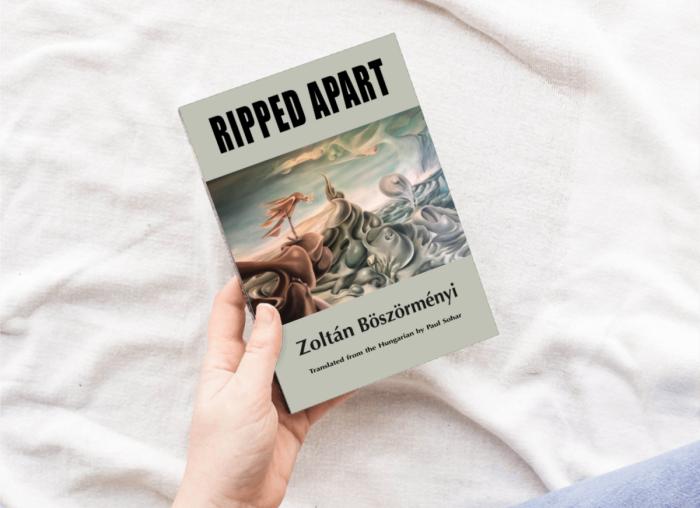
It is not a widely discussed – or understood – occurrence, but it can be simply stated: slightly more than 100 years ago, Hungary as it once was – a kingdom – was brutally dismembered as a result of, some say, ill-advised decisions made at peace talks at the Trianon palace outside of Versailles in 1920. Two-thirds of Hungary’s land was cut away, and more than 3.3 million of its ethnic Hungarian citizens found themselves members of another nation.
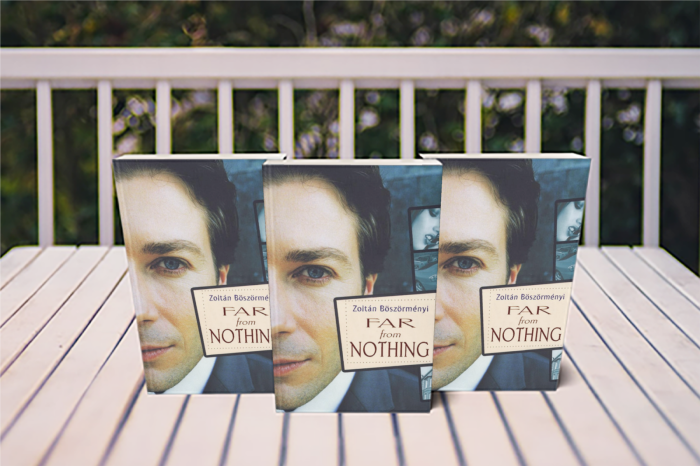
“This book will be enjoyed by many and loathed by no less. No reader will be left indifferent.” Says György Ferdinándy, the writer.
“Not a bad book, but I doubt if I’d read it again,” said the person who handed me the book. This and the above quote on the back of the book piqued my curiosity.
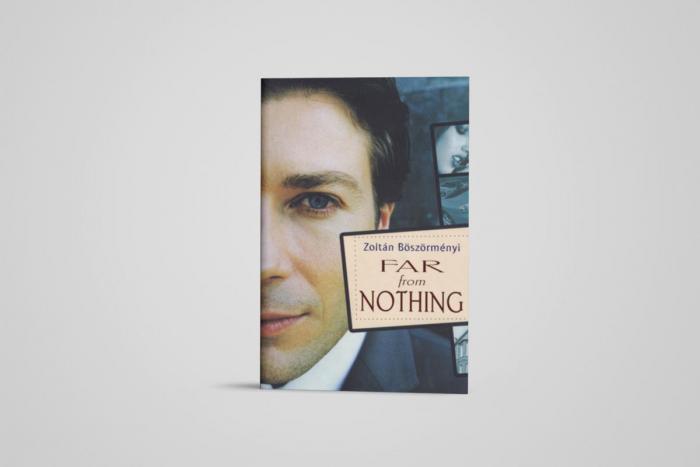
This is a circular novel with a philosophical preamble consisting of a few classical quotations and sixty six segments. Each segment is either a scene or a reflection by the narrator that connects the thoughts and the scenes. The reader has a feeling of reeling along concentric circles, moving from the outer rings to the inner ones. He is far from nothing but near to something all the time.
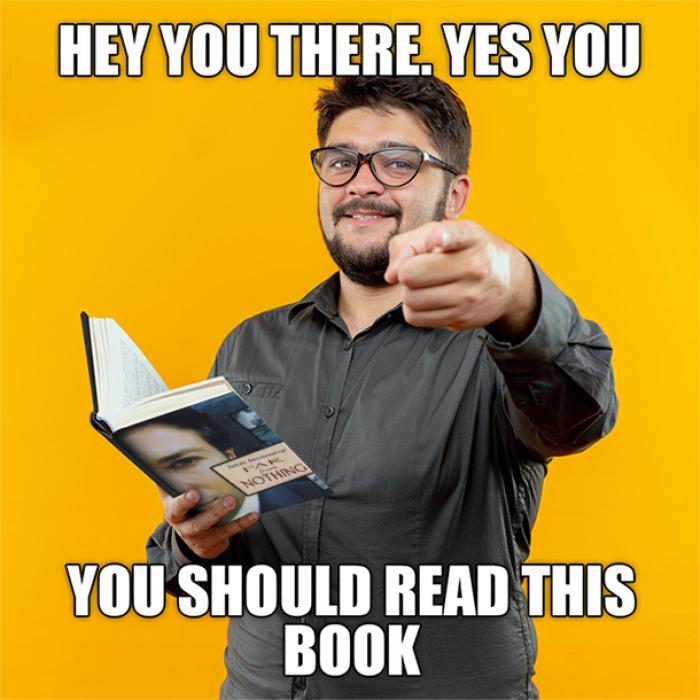
In its birthplace, Hungary, this book had an interesting sales curve. The initial rise soon gave way to a drop for a month or two before it took off again to reach bestseller status. Clearly, the best sales force, the word of mouth from the readers, was at work.

“The Golden Tram” and “The Fragrance of Love” contain poems of unexpected force and unexpected turns of phrasing. The force is implied by the tender images of passion that wind around the beloved woman, challenging her to love. It’s not crude eroticism but the hope of attaining desire and joy that arouses the reader’s interest. There’s no one I can compare him to… Besides some of the sonnets, my favorite is the eponymous poem, The Golden Tram: “The Golden Tram comes to life, from the mist / her slender crimson-gold body unfolds, / look, she wants to flee, there’s a sudden jolt, / almost slams the door on my hand and screams.” I must also mention his deft handling of the intricate sonnet form. These two volumes belong on the shelf where I keep my most favorite poems.

This is a typically – or uniquely – men’s novel. Past the midpoint of a Dante-like guided tour of life, Rudolph makes an average living in a car dealership as a sales manager; not rich but not poor either, married eight years with a seven-year-old son.

Yuppie Life from Existentialist point of view
For Rudolph the starched shirt is one of the most essential elements of life, something that gives him a feeling of security – after all, the protagonist of the novel is the hero of our age, a true yuppie, who spends his mornings selling cars and the afternoons taking courses in philosophy. His married life is a boring routine, for excitement he runs to his oversexed Wanda whenever he can take a break. These factors and people define Rudolph’s life – all to his own satisfaction.
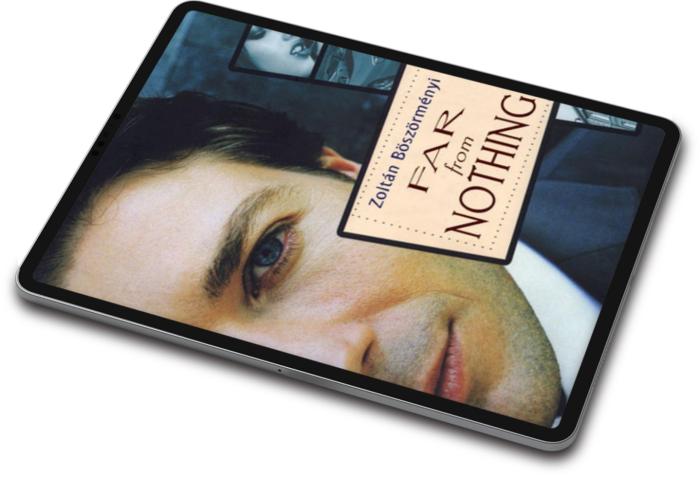
Zoltán Böszörményi’s first novel is definitely a good read.
Somewhat in the style of a diary “Far from Nothing” tells the story of a young man, or just enough of it, in the judgment of the author…
By the expert use of all the tools of literature Böszörményi is capable of saying a lot with a few words. Wordiness is not one of the tricks of his trade, which may sound like a contradiction, considering we’re dealing with prose and not poetry. And yet he can tell, indicate, bring to life, situations and personalities, everything he needs in order to develop his theme.
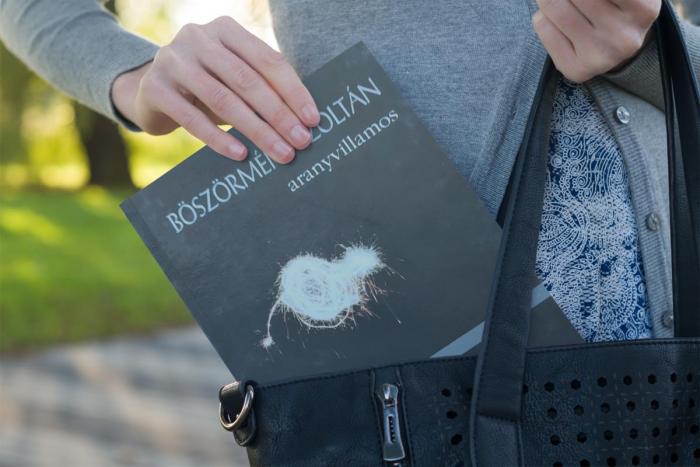
The Poet, the Haven-Cemetery is the permanent beginning, Eliade’s l’eternal retour, the eternal Return, the symbolic Time-Snake biting its own tail, who is dragged down, nailed down, tied down by the stream of the present historical time-warp on the one hand, but on the other hand, in spite of his concrete timeliness and omnipresence, he represents the demiurge immediately following the Big Bang, the fertile-creative, extra-temporal Time-Outside-of-Time...










